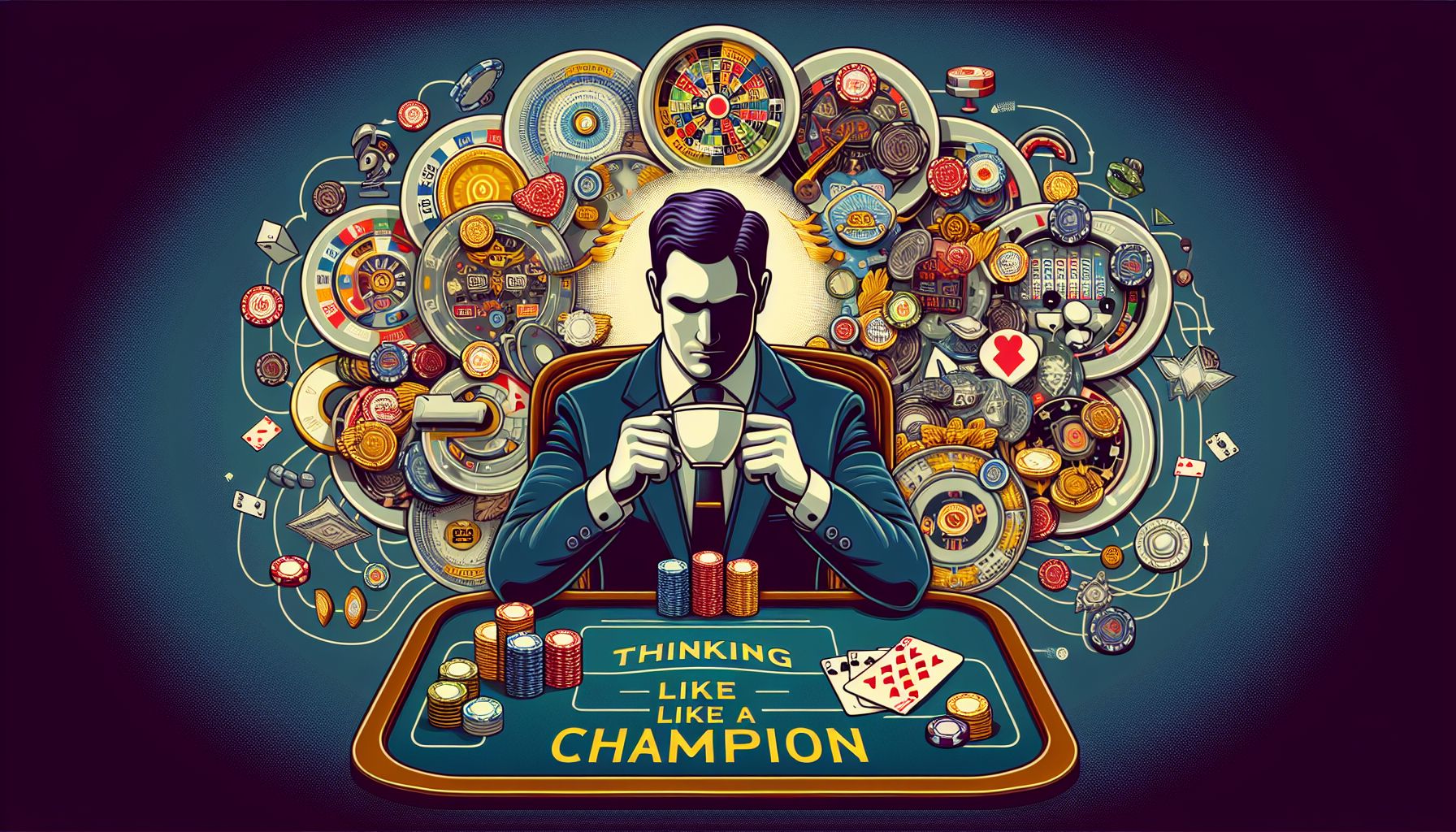If you are an avid poker player or a curious newbie, the constant debate about luck versus skill in the game of poker might have crossed your path. Which one is the bigger influencer in the game’s outcome – sheer luck or pure skill? Is success at the poker table a mere roll of the dice, Skill in Casino Poker or does it demand strategic mastery and mental prowess?
Understanding the interplay between luck and skill is not only important in the realm of poker but also applies to other life aspects where risk and uncertainty are involved. Therefore, this article aims to pull back the curtain on the role of luck and skill in casino poker, highlighting the relevance of each and examining how they influence the outcome of a game.
The Role of Luck in Poker
When non-poker players overhear a conversation about the game, they often assume it’s entirely a game of chance, a lottery of sorts. Their perception is not entirely misplaced, considering that luck does play a significant role in poker. Indeed, Skill in Casino Poker especially in the short term, a player can experience significant swings of fortune — good or bad — based purely on the randomness of which cards are dealt.
Consider this scenario: A newbie at poker, who barely knows the rules, could sit at a table with seasoned poker grinders and potentially win a few hands. How? Simply because the cards were dealt in their favor that time around. Such an occurrence underscores the role of luck in poker.
However, luck in poker is not all rosy; it’s a double-edged sword. While you could land impressive wins based solely on fortunate card dealing, the reverse is also true. This phenomenon is referred to as a ‘bad beat’ in poker parlance.
Nevertheless, even though luck is an undeniable aspect of poker, it would be a misrepresentation to imply that it’s the most crucial determinant of long-term success. While the cards you’re dealt are utterly random and beyond control, how you play those cards ultimately matters more. This segues into the second part of our discourse: skill in poker.
The Role of Skill in Poker
Poker is not merely a game of chance; it’s a game of skill, too. Even in a game with a significant luck component, certain skills can tilt the odds in your favor. These factors elevate poker from a simplistic game of chance to a complex psychological duel.
What skills are we talking about? Understanding hand rankings and poker math, for instance, are basic skills required. More advanced skills include the ability to read opponents, bluff appropriately, manipulate table dynamics, and manage your bankroll. All these skills can significantly influence your long-term poker performance.
It’s important to note that while poker skill can enhance your edge, it doesn’t guarantee victory. Yet, it’s observable that top poker players who have consistently performed well attribute more to their skill than to dumb luck. In this regard, it’s fair to suggest that over the long run, skill triumphs over luck in poker.
Researchers from the University of Nottingham conducted a study examining 456 million hands of poker played online and concluded that poker is a skillful game. The data indicated that skilled players could consistently outperform less skilled players. This research further emphasizes the significance of skill in poker.
The Interplay of Luck and Skill
Now that we’ve understood the roles of both luck and skill in poker, how do they merge? Does one outweigh the other? Poker is a game perfectly balanced between luck and skill. In the short term, luck may shine on a less skilled player. However, in the long run, skill predominates.
The best way to illustrate the symbiotic relationship between skill and luck in poker would be to liken it to a multi-lap race. Each lap (hand) outcome does have an element of luck or chance to it, but as the laps increase (more hands are played), the skill of the players becomes a more significant factor determining the overall race (session or career) result.
Conclusion
In conclusion, both luck and skill play their roles in poker, albeit in different ways and at different times. Luck is undoubtedly an attraction for new players experiencing their first taste of victory at the poker table. However, if you’re nurturing aspirations of long-term, sustainable success in poker, honing your skills is essential.
The debate over luck and skill in poker will likely continue as long as the game itself does. It is worth remembering, though, that poker is a beautiful fusion of luck and skill, the unpredictable and the controllable. The allure of poker isn’t just about the hands you’re dealt; it’s about what you’re capable of achieving with them.









